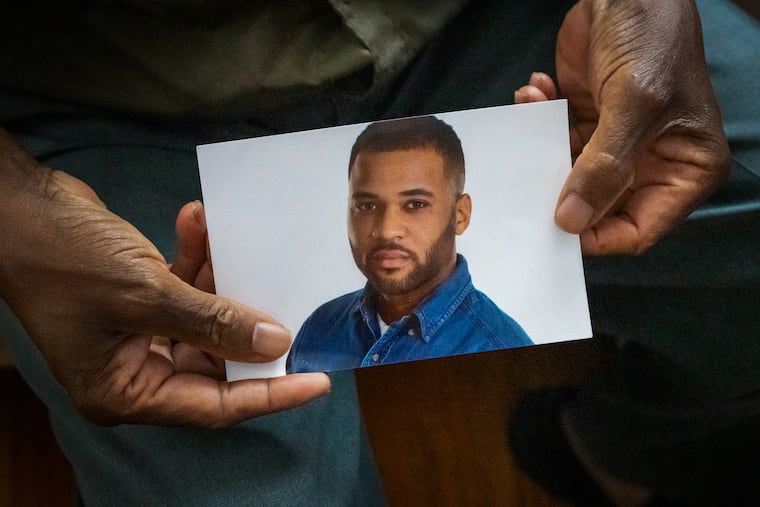Philadelphia lawmaker introduces affordability package inspired by Zohran Mamdani during City Council meeting.
In response to the ongoing affordability crisis affecting low-income residents in Philadelphia, members of the City Council, particularly the progressive faction led by freshman Councilmember Nicolas O’Rourke, are advocating for a series of comprehensive legislative measures. This initiative, dubbed “Affordable Philly Now,” aims to address the financial pressures faced by marginalized communities, and marks O’Rourke’s most ambitious legislative push since taking office.
The proposed legislation seeks to implement several key programs including the establishment of a “rent rebate” initiative for low-income seniors, widows, and individuals with disabilities. Modeled on a successful state program, this initiative would offer refunds to renters that are analogous to property tax breaks enjoyed by homeowners. Additionally, the Council is considering the creation of a fund to sustain the city’s Zero Fare program, which provides free SEPTA public transit passes for residents living in poverty. O’Rourke has voiced his commitment to preserving this program following its proposed discontinuation by Mayor Cherelle Parker earlier this year.
O’Rourke’s package also includes the formation of a task force intended to explore further legislative and executive options to mitigate the cost of living in Philadelphia, and an amendment to the city charter to prohibit the privatization of the Philadelphia Water Department. This last measure is particularly significant, given the potential challenges posed by past administrations’ attempts to privatize municipal utilities.
Though there is currently no major movement to privatize the water utility, the proposal to amend the Home Rule Charter reflects a proactive stance taken by O’Rourke, who aims to preemptively safeguard against what he describes as “neoliberal corporatist” tactics that threaten city-owned systems and often lead to increased consumer rates.
Furthermore, the administration has faced challenges concerning the Housing Opportunities Made Easy (H.O.M.E.) initiative, which aims to enhance or preserve approximately 30,000 housing units during Mayor Parker’s first term. While the Mayor initially anticipated issuing 0 million in bonds this fall to fund the project, legislative delays have now pushed the timeline back to early 2026. This postponement complicates the administration’s strategy to address Philadelphia’s pressing housing crisis.
As the City Council proceeds with discussions on these critical legislative proposals, the focus remains on how best to construct a response to the economic hardships confronting many residents. These discussions are pivotal for shaping the future of affordability and access to essential services in Philadelphia.
The progressive coalition’s efforts may not only set a precedent for local governance but could also resonate widely, potentially influencing other jurisdictions grappling with similar issues across the United States.







